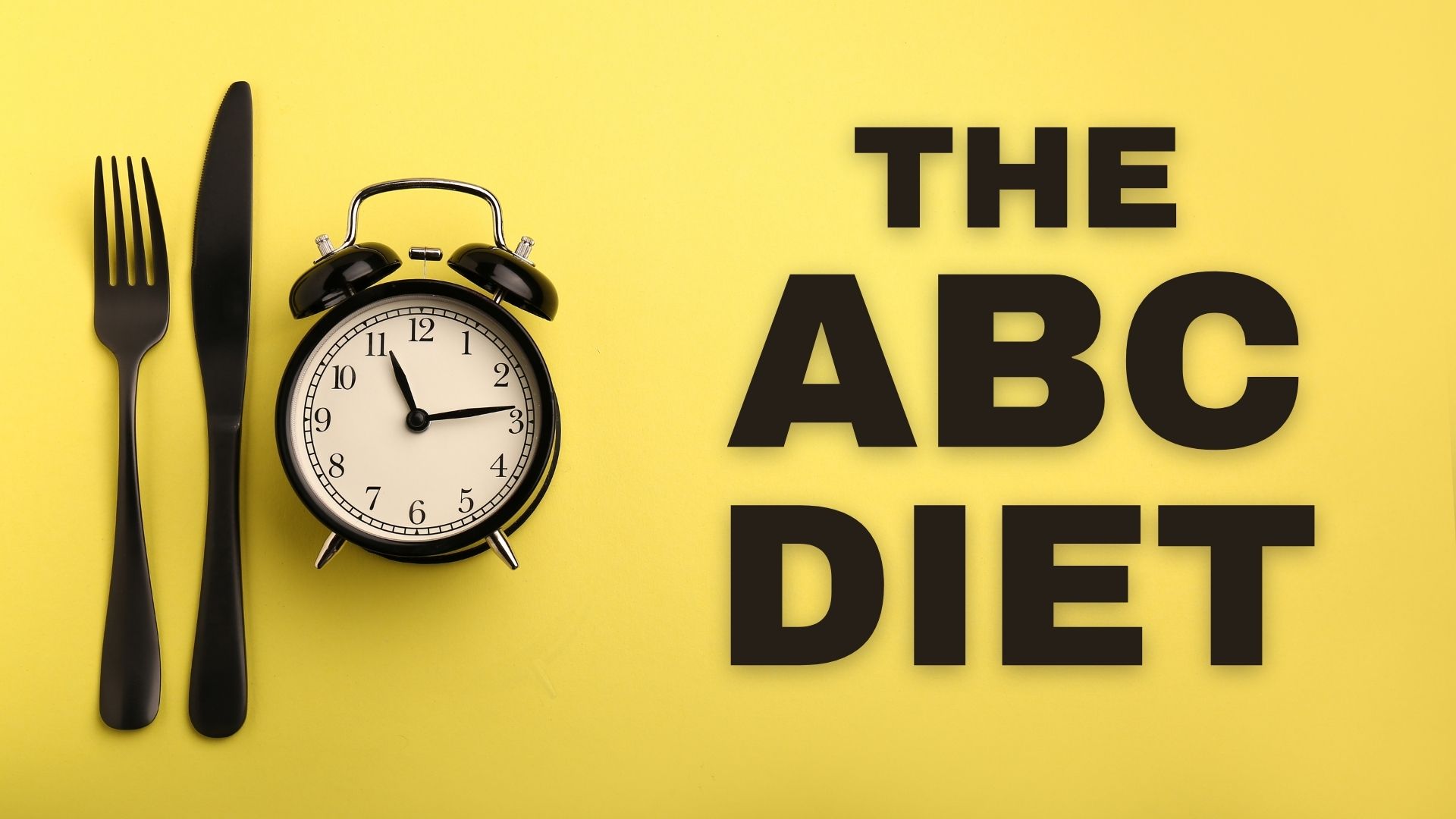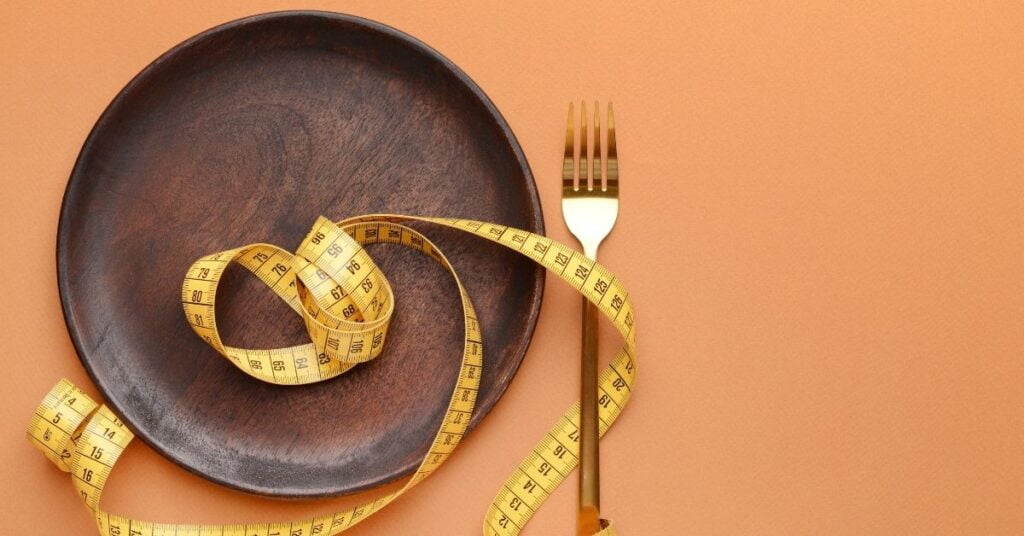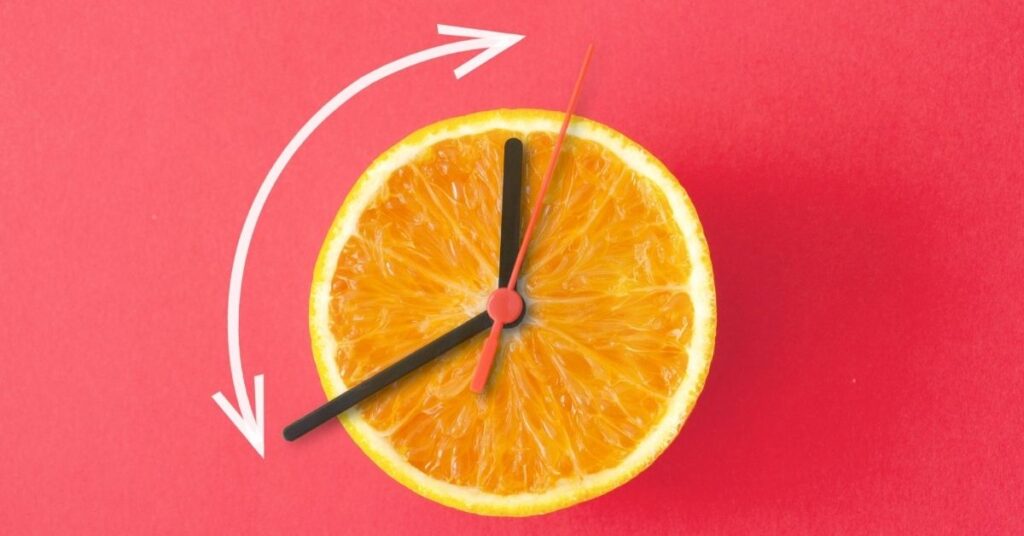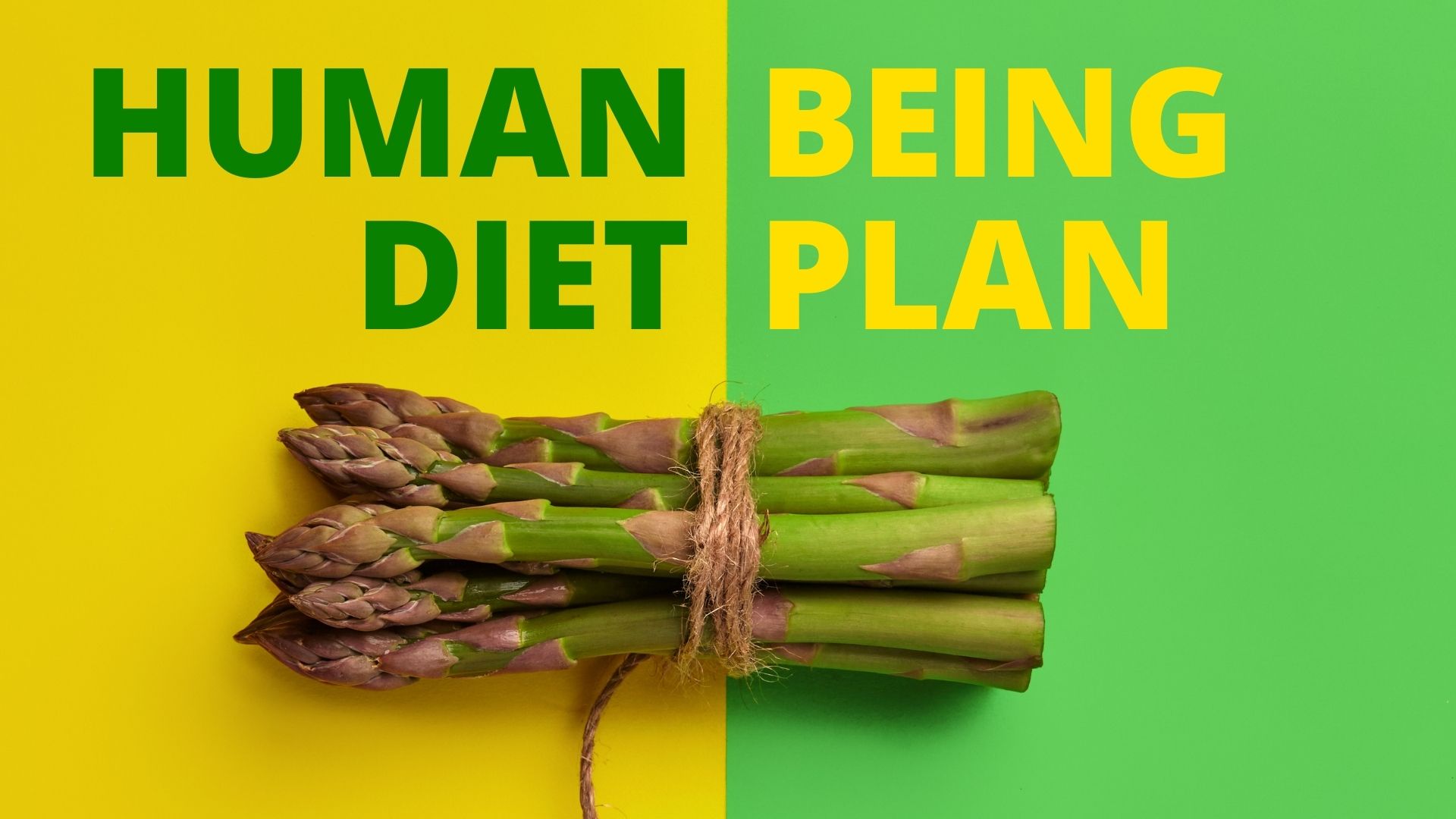
ABC Diet: The Extreme Diet Plan You Need To Know!
The ABC Diet, also known as the Ana Boot Camp Diet, is a restrictive weight-loss diet that has gained popularity in recent years. This diet claims to help individuals lose weight quickly by limiting their calorie intake and increasing their physical activity. However, there are potential dangers and risks associated with this diet. In this post, we will explore everything you need to know about the ABC Diet, including its principles, risks, benefits, and alternatives.
How ABC Diet Work?
The ABC diet should be implemented by calculating the calories required on a graph.
In the beginning, individuals must consume a maximum of 500 calories per day for those two first days.
The maximum calories required would be reduced to 300, 100, 400, 200, 300, and 200 over the following days.
In the second week, the intake of calories shouldn’t be more than 500 and 400 on the initial two days.
On the Wednesday of week two, individuals should not be eating for.
The fourth and 5th days are 100 and 200 calories limits according to.
Fasting will resume on the 6th of the month, followed by a 300-calorie limit for the seventh day.
The calorie limit and fasting days will be different in the following weeks.
On the second day of Week 8, the individual must gradually return to their usual eating habits.
The ABC Diet: Principles and Rules
Are you looking for a new diet plan that can help you lose weight quickly? The ABC diet, also known as the Ana Boot Camp diet, has gained popularity among those looking for a fast and drastic weight loss solution. This diet plan follows a strict set of principles and rules that, when followed correctly, can result in rapid weight loss.
Principles of the ABC Diet
The ABC diet follows six principles that are crucial for success: Calorie Restriction, Food Selection, Meal Frequency, Physical Activity, Water Intake, and Goal Setting.
Calorie Restriction
The ABC diet is a low-calorie diet, with a daily intake of 800 calories or less. This calorie restriction is essential for weight loss, as it creates a calorie deficit that forces the body to burn fat for energy. However, it is crucial to ensure that you are getting enough nutrients and vitamins despite the low calorie intake.
Food Selection
Food selection is another crucial principle of the ABC diet. The diet plan emphasizes low-calorie, nutrient-dense foods such as fruits, vegetables, and lean protein. Processed and high-calorie foods are to be avoided to maximize weight loss results.
Meal Frequency
The ABC diet recommends consuming six small meals a day to keep your metabolism high and prevent overeating. The small meals help to control hunger and prevent binge eating.
Physical Activity
While the ABC diet emphasizes calorie restriction, it is still important to include physical activity in your daily routine. This can be in the form of light exercise or any other physical activity that gets your heart rate up. Exercise can help to burn additional calories and speed up weight loss results.
Water Intake
Water intake is essential to the ABC diet, as it helps to flush out toxins and keep you hydrated. It is recommended to drink at least eight glasses of water per day.
Goal Setting
Setting achievable weight loss goals is critical to the success of the ABC diet. It is important to set realistic goals and track progress to stay motivated and on track.
Rules to Follow
To ensure success with the ABC diet, there are specific rules to follow:
Gradually decrease your calorie intake over a few days to prevent hunger and other side effects.
Stick to the recommended foods and avoid cheat meals.
Drink plenty of water and avoid sugary drinks.
Keep a food diary to track your progress.
Monitor your physical activity and gradually increase it as you progress.
Take supplements if necessary to ensure that you are getting enough nutrients.
While the ABC diet can lead to rapid weight loss, it is essential to consult a healthcare professional before starting the diet to ensure that it is safe for you. It is also important to listen to your body and stop the diet if you experience any adverse effects.
The General Rules In The ABC Diet
Like all weight loss programs, the ABC diet comes with some general guidelines like any other weight loss program.
Here are a few of them that you should follow:
- It is important to select an item of food that is high in protein. Choose either meat or fish but do not mix the two.
- You can drink alcohol; however, you can only drink martinis, whiskey or dry wine.
- It is important to eat your meals in smaller portions. Split your meals into five to six smaller meals per day.
- Avoid vigorous physical activity. The ABC diet program will have left you weak. You’ll not have the stamina to work hard.
- Don’t fall asleep right after you’ve finished eating. It is recommended to walk briefly before going to lay down.
- Dos and Don’ts are the keys to success. If you’re looking to achieve success, you need to strictly follow the guidelines and plan.
The ABC Diet Plan

When following this ABC Diet plan, it is essential to adhere to the prescribed calories intake per day.
The program runs for 50 days, each with its own daily calorie intake.
The intake of calories ranges from zero (fasting) to around 800 calories.
The amount of calories consumed during the diet is below 500 calories a day.
There is a certain ABC Diet Chart to follow.
It has five distinct cycles of fluctuation in calories.
Each cycle concludes with a day of fasting.
It is forbidden to consume any calories during these days.
The cycles are like this:
Cycle #1 (Days 1-10)
Start by eating 500 calories for the first two days.
Then, you’ll shift the number of calories you consume between a low and a high until you reach 100 calories.
The third day has 300 calories, while that day four is 400 calories.
The next step would be to boost your daily calorie intake by 100 calories until you reach 500 calories.
When you have reached 500 calories, the following day will be a fasting day.
You are prohibited from eating any calories.
Cycle #2 (Days 11-20)
The cycle fluctuates in calories between 150-350 calories per day, fluctuating between up and down.
It begins by eating 150 calories the day before the start of the cycle.
The next day, it’s 200 calories, and the day following that is 400.
The next day has 350 calories and then 250 calories and 200 calories.
Following this, take another day of fasting.
The following three days will be a time of gradual calorie fluctuations.
On the first day, you can consume 200 calories.
On the second day, you can eat 100 calories.
On the third day, it is your day of fasting.
It is the middle day of the plan and the most restrictive diet.
Cycle #3 (Days 21-32)
It is a lengthy cycle. In this phase, your fluctuation in calories will vary between 50-800 calories.
The initial intake is 300 calories.
Then, you cut down on your calories intake by 50 calories daily.
When you are at 50 calories a day, increase your consumption to 100.
The following two days will be 200 calories a day.
Then, it’s time to increase the calories to 300.
Then, boost your daily food intake up to 800 calories.
Similar to the previous cycles, this has a short day.
Cycle #4 (Days 33-36)
The cycle fluctuates in calories between 250-450 calories.
The initial day’s intake is 250 calories, and the following two days boost the intake of calories by 100 calories each day.
The final day of the period is a day of fasting.
Cycle #5 (Days 37-50)
The second cycle starts with 500 calories and then reduces the intake of calories to 150.
Begin with 500 calories a day, and then reduce your daily calorie intake in half per day.
Once you’ve reached 200 calories, you can repeat the calories for two days.
Then you can increase your intake of calories to 250.
Reduce it to 200.
The following day you can increase your daily calorie intake to 300.
Then, follow it with an evening of fewer calories to 200.
After that, cut down on calories to 150. The day that you end the diet is the day of fasting.
As you can see, there aren’t particular food groups that are permissible or not.
You have to keep track of the number of calories you consume and then adjust according to the chart.
On days of fasting, you aren’t allowed to eat any food.
Summary Of The ABC Diet Plan

Cycle #1 – The First 10 Days
- Consume a daily amount of 500 calories over the first two days.
- It can be reduced to 300 by Day 3.
- The next day, increase your calorie intake to 400 calories.
- Diminish it to 100 by day 5.
- After that, increase the amount to 200 calories.
- From day 7 to 9, increase your intake by 100 calories each day until you consume 500 calories.
- On the 10th day, Do not eat anything. Maintain abstinence.
Cycle #2 – Day 11 To Day 20
- Start the day by eating 150 calories.
- Next, you’ll need to raise the amount to 200.
- The following day, you can increase the amount to 400.
- Then slowly reduce your calories intake from 350-250, and after that, 200.
- On the 7th of the month, you must fast.
- On the 8th day, consume 200 calories.
- Consume 100 calories by the ninth day.
- Finish this time in a fast until the 10th.
Cycle #3 Day 21 Through Day 30
- Begin day 21 by eating 300 calories. You will gradually reduce 50 calories per day until you consume 50 calories daily.
- Consume 100 calories, followed by 200 calories over the next two days.
- Increase it to 300 calories and then, on the 9th day, consume 800 calories.
- End the period by fasting until the 30th day.
Cycle #4 – Day 31 Through Day 34
- The first day of this phase should be eating 250 calories, after which you can increase it by 100 calories over the following two days.
- Fasting on the 4th day of the week.
Cycle #5 – Day 35 Through Day 50
- It is also the longest time within this diet plan. Begin the phase with 500 calories.
- Gradually reduce the amount by 50 calories per day until you can consume 200 calories by the 7th day.
- Consume 200 calories on the eighth day.
- Eat 250 calories starting on the 9th day, and reduce it to 200 on the 10th day. Then increase it to 300 calories, lower it to 200, then 150.
- Stop the ABC diet with a meal plan an overnight fast.
The Risks of the ABC Diet
While the ABC diet can lead to rapid weight loss, it is not without risks. It’s important to be aware of these potential risks and consider them before starting the diet plan. Here are some of the potential risks associated with the ABC diet:
Nutrient Deficiencies
The ABC diet is a low-calorie diet that restricts your daily calorie intake to 800 calories or less. This can result in nutrient deficiencies, as you may not be getting enough vitamins, minerals, and other essential nutrients. For example, low calcium intake can increase the risk of osteoporosis, while low iron intake can cause anemia. It’s crucial to ensure that you’re getting enough nutrients while on the ABC diet, either through food or supplements.
Eating Disorders
The ABC diet can also increase the risk of developing an eating disorder. The strict calorie restrictions and food selection can lead to an unhealthy relationship with food, and the emphasis on weight loss can contribute to body image issues. It’s important to be mindful of any negative thoughts or behaviors related to food and body image while on the ABC diet and seek professional help if necessary.
Gallstones
Rapid weight loss can increase the risk of developing gallstones, which are hard deposits that form in your gallbladder. This is because the liver produces extra cholesterol during rapid weight loss, which can lead to the formation of gallstones. Gallstones can cause abdominal pain, nausea, and vomiting, and may require surgery to remove.
Dehydration
The ABC diet emphasizes drinking plenty of water, but it’s still possible to become dehydrated while on the diet plan. This is because the low calorie intake can cause water loss through sweating and urine. Dehydration can cause fatigue, dizziness, and headaches, and can also lead to kidney problems in severe cases.
Fatigue
The low-calorie intake of the ABC diet can also cause fatigue and weakness. This is because your body is not getting enough energy from food to function properly. You may experience a lack of motivation and decreased physical activity, which can lead to slower weight loss results.
Mood Changes
The ABC diet can also affect your mood and mental health. The strict food restrictions and calorie counting can lead to stress and anxiety, and the low-calorie intake can cause irritability and mood swings. It’s important to prioritize your mental health and seek support if necessary while on the ABC diet.
Slow Metabolism
The ABC diet can also slow down your metabolism, which can make it harder to maintain weight loss in the long term. When your body goes into starvation mode due to low-calorie intake, it tries to conserve energy by slowing down your metabolism. This can lead to slower weight loss results and make it harder to lose weight in the future.
Overall, it’s important to weigh the potential risks and benefits of the ABC diet before starting the diet plan. It’s essential to consult a healthcare professional and listen to your body’s needs to ensure that the diet is safe for you. By being aware of the potential risks and taking steps to mitigate them, you can achieve successful weight loss results while prioritizing your overall health and well-being.
The Benefits of the ABC Diet
While there are potential risks associated with the ABC diet, there are also several benefits that can come with following the diet plan. Here are some of the potential benefits of the ABC diet:
Rapid Weight Loss
One of the most significant benefits of the ABC diet is rapid weight loss. By following the principles and rules of the diet plan, you can create a calorie deficit that forces your body to burn fat for energy. This can result in significant weight loss in a short period, which can be motivating and help you achieve your weight loss goals.
Improved Body Image
Losing weight can also improve your body image and self-confidence. The ABC diet can help you achieve a healthier weight, which can improve your overall body composition and reduce body fat. This can result in a more toned and lean physique, which can boost your self-esteem and confidence.
Increased Motivation
The rapid weight loss and improved body image can also increase your motivation to continue with the ABC diet and maintain a healthy lifestyle. Seeing results can be motivating and help you stay on track with your weight loss goals. The ABC diet can also improve your energy levels and physical performance, which can increase your motivation to exercise and lead a more active lifestyle.
Improved Overall Health
Losing weight can also have several health benefits, such as reducing the risk of chronic diseases like heart disease, diabetes, and certain cancers. By following the principles of the ABC diet and making healthier food choices, you can improve your overall health and well-being. The ABC diet can also improve your digestion and immune system, which can result in fewer digestive issues and illnesses.
It’s important to note that the benefits of the ABC diet may vary from person to person and depend on several factors, such as age, gender, and overall health. It’s essential to consult a healthcare professional before starting the diet plan to ensure that it’s safe for you. By being aware of the potential benefits and risks of the ABC diet, you can make an informed decision about whether it’s the right weight loss plan for you.
Alternatives to the ABC Diet
While the ABC diet can lead to rapid weight loss, it may not be the best weight loss plan for everyone. Here are some alternative approaches to weight loss that you may want to consider:
Healthy Eating
One of the best alternatives to the ABC diet is simply focusing on healthy eating. This means making smart food choices, such as incorporating more fruits, vegetables, lean proteins, and whole grains into your diet. By focusing on whole, nutrient-dense foods, you can improve your overall health and achieve a healthier weight.
Exercise
Exercise is another excellent alternative to the ABC diet. Exercise can help you burn calories, build muscle, and improve your overall health and fitness. By incorporating regular exercise into your routine, you can achieve weight loss results and maintain a healthy weight in the long term.
Balanced Diet
A balanced diet is another approach to weight loss that can be sustainable and effective. This means incorporating a variety of foods into your diet, including fruits, vegetables, lean proteins, whole grains, and healthy fats. By focusing on balance and moderation, you can achieve a healthier weight and improve your overall health and well-being.
Intermittent Fasting
Intermittent fasting is another popular approach to weight loss that involves alternating periods of fasting and eating. This approach can be effective for weight loss, as it can reduce calorie intake and improve insulin sensitivity. However, it’s important to consult a healthcare professional before starting intermittent fasting to ensure that it’s safe for you.
Consultation with a Registered Dietitian
If you’re struggling to find the right weight loss approach for you, it may be helpful to consult with a registered dietitian. A dietitian can help you create a personalized meal plan that meets your nutritional needs and weight loss goals. They can also provide support and guidance to help you achieve your weight loss goals in a healthy and sustainable way.
Overall, there are several alternatives to the ABC diet that can be effective for weight loss and improve your overall health and well-being. By finding the right weight loss approach for you and making sustainable lifestyle changes, you can achieve a healthier weight and live your best life.
Success Stories and Criticisms of the ABC Diet
Like any weight loss plan, the ABC diet has its share of success stories and criticisms. Here are some of the success stories and criticisms associated with the ABC diet:
Success Stories
There are many people who have successfully lost weight and achieved their weight loss goals with the ABC diet. These success stories often highlight the rapid weight loss and improved body image that can come with following the diet plan. However, it’s important to note that success stories may not be representative of everyone’s experience with the diet.
Criticisms
One of the main criticisms of the ABC diet is that it can lead to nutrient deficiencies, which can have negative consequences on overall health and well-being. The diet plan also encourages restrictive and unhealthy eating habits, which can lead to the development of eating disorders. Additionally, rapid weight loss can result in muscle loss, which can slow down metabolism and make it more difficult to maintain a healthy weight in the long term.
Reality vs. Expectations
It’s important to note that the reality of the ABC diet may not match up with the expectations that people have when they start the diet plan. While rapid weight loss may be a motivating factor, it’s essential to consider the potential risks associated with the diet plan. It’s also important to consider the sustainability of the diet plan and whether it’s something that can be maintained in the long term.
In conclusion, the ABC diet has both success stories and criticisms associated with it. While rapid weight loss can be a motivating factor, it’s important to consider the potential risks and drawbacks of the diet plan. By focusing on sustainable lifestyle changes and making healthier food choices, you can achieve a healthier weight and improve your overall health and well-being in the long term.
How to Stay Safe on the ABC Diet
If you choose to follow the ABC diet, it’s important to take steps to ensure that you’re staying safe and healthy throughout the process. Here are some tips for staying safe on the ABC diet:
Consultation with a Healthcare Professional
Before starting any weight loss plan, it’s essential to consult with a healthcare professional. A healthcare professional can help you determine if the ABC diet is safe and appropriate for your individual needs and health status. They can also provide guidance on how to follow the diet plan safely and make adjustments as needed.
Adequate Hydration
Staying hydrated is crucial when following the ABC diet. It’s essential to drink plenty of water throughout the day to prevent dehydration and help flush out toxins. Adequate hydration can also help reduce feelings of hunger and improve energy levels.
Balanced Nutrition
While the ABC diet is a calorie-restrictive diet plan, it’s important to ensure that you’re still getting balanced nutrition. This means incorporating a variety of foods into your diet, including fruits, vegetables, lean proteins, whole grains, and healthy fats. If you’re struggling to get enough nutrients, you may want to consider taking a multivitamin or other dietary supplement.
Monitoring Physical and Emotional Health
It’s important to monitor your physical and emotional health when following the ABC diet. If you experience any negative side effects or symptoms, such as fatigue, dizziness, or mood changes, it’s essential to consult a healthcare professional. Additionally, it’s important to be mindful of your emotional health and seek support if you experience any feelings of anxiety, depression, or other negative emotions.
Quitting the Diet if Necessary
If you’re struggling to follow the ABC diet or experiencing negative side effects, it’s essential to listen to your body and quit the diet if necessary. Remember that there are alternative approaches to weight loss that may be more appropriate for your individual needs and goals.
Overall, staying safe on the ABC diet requires a combination of proper nutrition, hydration, and monitoring of physical and emotional health. By taking these steps and consulting with a healthcare professional, you can ensure that you’re following the diet plan safely and effectively.
Conclusion
In conclusion, the ABC Diet is a highly restrictive diet that can lead to rapid weight loss, but also has potential risks and dangers. Individuals who are considering this diet should be aware of the principles, benefits, risks, and alternatives before starting. It is important to prioritize balanced nutrition, hydration, and physical activity, and to consult with a healthcare professional before starting any weight loss program.











